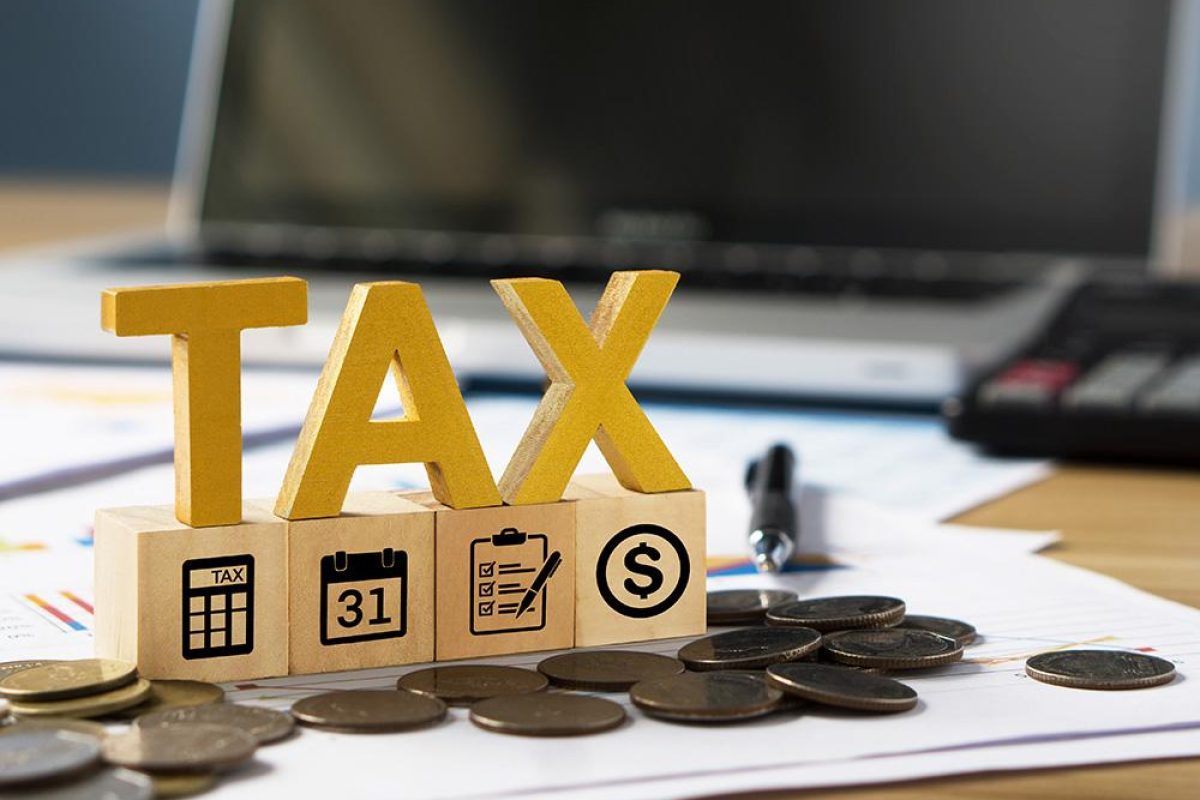Expanding your business into Brazil offers great opportunities, but understanding the local tax system is essential for compliance and optimizing financial operations. This guide outlines Brazil’s tax landscape, including corporate income tax, personal income tax, and other key tax aspects. Whether you are working with an Employer of Record (EOR) or managing payroll directly, this guide will help you navigate Brazil’s tax obligations effectively.
1. Corporate Income Tax (CIT)
Brazil imposes corporate income tax on businesses operating within its borders.
Key Points:
- Tax Rate: Brazil applies a standard corporate income tax rate of 15% on the net income of most companies. A surtax of 10% is applied to income exceeding BRL 240,000 per year.
- Applicable Entities: The tax applies to all businesses operating in Brazil, including foreign entities with a permanent establishment.
- Exemptions: Certain activities, such as agricultural production and exportation, may benefit from tax incentives or reductions.
| Corporate Tax Rate | Rate (%) | Applicable Entities |
|---|---|---|
| Corporate Tax Rate | 15% | All corporations |
| Surtax (Income > BRL 240,000) | 10% | High-income businesses |
Compliance Notes: Corporate tax returns must be filed annually, and the deadline for filing is typically within five months after the end of the fiscal year.
2. Value Added Tax (VAT) / ICMS
Brazil applies a Value Added Tax (known as ICMS – Imposto sobre Circulação de Mercadorias e Serviços) on goods and services.
Key Points:
- Standard VAT Rate: The standard VAT rate in Brazil is 18%, but it can range from 7% to 18% depending on the state and type of product or service.
- Exemptions: Certain goods and services, such as healthcare, education, and basic food items, are exempt or subject to reduced rates.
| VAT Rate | Rate (%) | Exemptions |
|---|---|---|
| Standard VAT | 18% | Healthcare, education, basic food |
Compliance: Businesses are required to charge VAT on their taxable goods and services and file VAT returns on a monthly or quarterly basis depending on their turnover.
3. Withholding Tax
Brazil imposes withholding tax on certain payments made to non-resident entities.
Key Points:
- Dividends: Brazil does not charge withholding tax on dividends paid to foreign shareholders.
- Interest and Royalties: Withholding tax rates on interest and royalty payments are 15%, though this rate can be reduced depending on the existence of a tax treaty.
| Payment Type | Withholding Tax Rate (%) |
|---|---|
| Dividends | 0% |
| Interest & Royalties | 15% |
Compliance: Businesses must ensure that they withhold the appropriate tax from payments to foreign entities and file the relevant tax returns.
4. Personal Income Tax (PIT)
Brazil applies personal income tax to the earnings of individuals.
Key Points:
- Tax Rates: Personal income tax in Brazil is progressive, ranging from 7.5% to 27.5% depending on income level.
- Deductions: Individuals can claim deductions for certain expenses, such as medical expenses, education, and dependents.
| Income Range (BRL) | Tax Rate (%) |
|---|---|
| 0 – 1,903.98 | 7.5% |
| 1,903.99 – 2,826.65 | 15% |
| 2,826.66 – 3,751.05 | 22.5% |
| Above 3,751.06 | 27.5% |
Compliance: Employees are required to file annual tax returns. Employers also withhold tax on behalf of their employees on a monthly basis.
5. Social Security Contributions
Social security contributions are mandatory for all employees in Brazil, both local and foreign.
Key Points:
- Employer Contribution: The employer contributes 20% of the employee’s monthly salary to the Brazilian social security system.
- Employee Contribution: Employees contribute a percentage of their monthly salary to the system, ranging from 8% to 11% depending on their salary.
| Contribution Type | Employer Rate (%) | Employee Rate (%) |
|---|---|---|
| Social Security | 20% | 8% – 11% |
Compliance: Employers are responsible for deducting and remitting both the employee and employer portions of the social security contributions on a monthly basis.
6. Tax Incentives and Exemptions
Brazil offers several tax incentives to encourage investment in specific sectors.
Key Incentives:
- Investment Incentives: Businesses investing in sectors such as technology, infrastructure, and manufacturing may qualify for tax reductions or exemptions.
- Free Zones: Brazil offers special tax regimes in certain regions, such as the Manaus Free Trade Zone, where businesses can benefit from tax exemptions or reductions.
Compliance Notes: Companies must meet certain criteria to qualify for these incentives, which usually involve significant capital investment or job creation.
7. Filing and Compliance Deadlines
It is important to adhere to filing deadlines to avoid penalties.
| Tax Type | Filing Frequency | Deadline |
|---|---|---|
| Corporate Income Tax | Annual | 5 months after fiscal year-end |
| VAT / ICMS | Monthly/Quarterly | 30 days after the end of the period |
| Personal Income Tax | Annual | April 30th of the following year |
| Social Security | Monthly | End of each month |
Penalties: Late submissions or payments may result in penalties or interest charges.
Key Takeaways:
- Corporate Income Tax: Brazil applies a 15% corporate income tax rate, with a 10% surtax for high-income businesses.
- VAT: Brazil’s VAT rate (ICMS) ranges from 7% to 18%, depending on the state and product or service.
- Withholding Tax: Brazil charges 15% withholding tax on interest and royalty payments to foreign entities.
- Personal Income Tax: Brazil’s personal income tax is progressive, with rates ranging from 7.5% to 27.5%.
- Social Security Contributions: Employers contribute 20%, and employees contribute between 8% to 11% of their salaries to social security.
- Tax Incentives: Investment in specific sectors such as technology or infrastructure may qualify for tax exemptions or reductions.
GlobainePEO – Your Trusted Partner
At GlobainePEO, we simplify tax compliance in Jordan, managing corporate income tax, social security contributions, and regulatory filings with expertise. Focus on expanding your business while we ensure full compliance with Jordan’s tax and labor laws.

